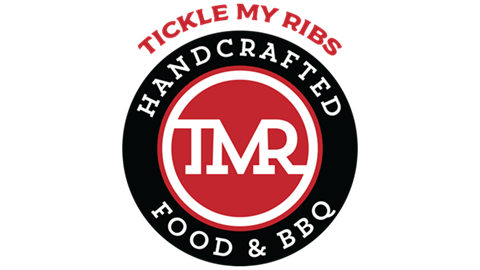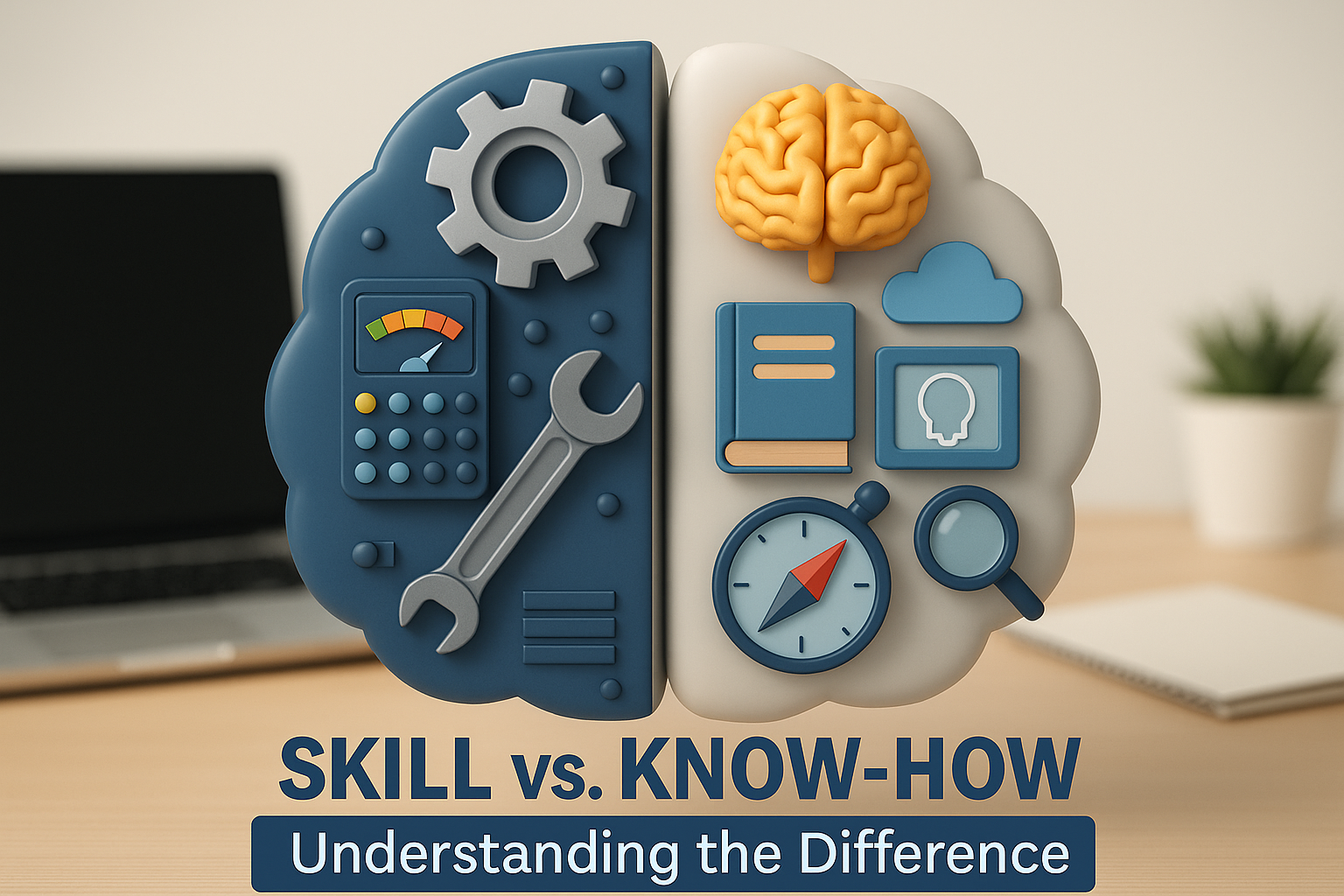Enterprise software purchases for any type of company are very labor-intensive, time-consuming, and complex processes. The decision to implement a new system or migrate from an old one has impacts across the organization, and buy-in from all parties is critical. Because the effort to select a piece of software will take hundreds if not thousands of hours collectively, and the choice you make will be around 3-5 years at a minimum, you want to get it right.
Software and solutions that support your partner networks are no different, and the LMS you choose to drive partner training and performance with needs to be able to do the job, creating value for your business and improving the performance of your partners along the way.
The problem with most software selection processes, enterprise-level or not, is that the selection criteria lean towards features and functionality and don’t carefully evaluate how their business will be able to operate on the platform, what impacts it will have on the way they currently operate, and the ability for the system to grow, scale, and be tailored to fit the critical business needs of the organization, and ultimately support of their partners.
Features and functions matter, but they aren’t the only questions that should be asked, and they should be weighed differently during the selection process so you don’t miss the opportunity to find the right solution and partner in the process.
What Are You Trying To Accomplish With Your LMS?
When developing your list of questions to help you narrow down your LMS options, you need to have a clear understanding of the objectives of what you are trying to accomplish with the system.
· What are your specific learning objectives and the requirements for them, both internally and externally for your organization?
· What are the business objectives you’re trying to accomplish or expect from this change?
· What are the critical processes that can’t be changed?
· What are the processes you need to improve?
· What are the change management expectations, both internal and external?
For many organizations out there, training is just a necessary evil rather than a means to accomplish goals. Your LMS can be so much more than that, with a well-developed plan and a firm understanding of why you need to implement an LMS for your training program.
Are you looking to bridge the skill gap with new technicians? Are you trying to increase sales at your partner dealerships? Are you trying to drive down warranty costs? Are you trying to increase customer and partner satisfaction? Do you need more technicians to become accredited? Understanding the answers to these questions will help you further understand the impact you need your LMS to carry to achieve these goals.
Extended
Enterprise
Learning
Building Capabilities and Driving Performance Across the Value Chain
Get the eBookIs The LMS You’re Choosing Flexible & Scalable?
For OEM based organizations that rely on partners and extended enterprise networks to sell, service and support their products the training and what it means to be trained is always changing and evolving. As new products and technologies are being introduced, and old ones are being retired, the training and skill definitions will also change, and you will need to deploy updates in an efficient and organized manner.
Complex skills-based training can be frustrating to manage, and you want to ensure that you are choosing the LMS that can best support your partner networks in the orchestration of that change to ensure overtime your networks stay on top of their training needs.
While some training components may change, others may remain the same. Your LMS also needs to support the differentiation of roles within your organization and only deliver updates to those who need them. What are the factors that need to be considered with respect to your LMS in light of these changes? How many users will you have? What type of content does the LMS need to support?
What Are The Integration Capabilities?
The ability to integrate with partner management systems drives the LMS organization and user management, and the support for SSO integration to manage user security and access is the minimum standard for any platform you choose. However, the OEM and extended enterprise model usually have more requirements that must be evaluated.
Critical integrations with warranty and service systems, data lake and business intelligence systems, parts fulfillment processes, partner rewards services, and more need to be considered. Using training to drive performance doesn’t stop when the training is done – it should be actively utilized throughout the organization using a real-time integrated approach.
Streamlining the capabilities of your systems with integration can maximize the efficiency of your organization and the return on investment (ROI) from your LMS. Understanding which specific systems would be beneficial to integrate with your LMS will help you choose the best one for your needs, as not all LMS platforms have a wide range of integration capabilities.
What Is The Expense And ROI Of The LMS?
Is the juice worth the squeeze? You have a budgeted amount to spend on an LMS, and you need to ensure that the money you put in gives you the impact you expect. An LMS is also not a one-time expense – you will have licensing fees, implementation costs, and ongoing maintenance to consider as well.
When selecting the best LMS for your extended enterprise, it’s best to have a thorough understanding of the return you anticipate seeing from the investment you are making. With that in mind, you can ask yourself, Can the LMS deliver the ROI I’m looking for? Do I have an LMS partner who is working towards the same ROI objectives?
How Is The User Experience?
A training program is of little use if the user experience is incompatible with the work culture or unengaging. Understanding the best way to deliver your content is of the utmost importance. Are your end users sitting at a desk? Do they have an hour a day to commit? Or do they have to complete training materials in small chunks throughout the day while servicing equipment?
Knowing how your users will digest your materials gives you a better idea of the content that needs to be created and the type of LMS that will support that content. Providing your learners with a positive experience can increase program adoption and overall performance on your key performance indicators (KPIs).
Can It Support My Extended Enterprise?
Managing the training needs of your extended enterprise poses a unique set of challenges. Not only are you managing the granular aspects of skills-based training for every role in your enterprise, but you also have to monitor how aspects of your training program impact your overall performance goals.
You need an LMS that can support an extended enterprise from the most granular capabilities to the highest levels of business performance and everywhere in between. What are the most critical factors to your organization? Can it handle the organizational complexities of my network to deliver and manage training? Will you have to change the way we do business, or can the software adapt to our needs?
By understanding the answers to these questions, you can select the best LMS for your extended enterprise.
The LMS With Extended Enterprises At Heart
These are the types of questions that will help you look past the red herrings of the LMS world to see the true functionality of a system and if it’s a good fit for your business. You don’t need the newest, fanciest system – you need the one that’s going to give you the ROI you’re looking for while supporting the dynamic nature of your extended enterprise.
LatitudeLearning was built with all of the needs of an extended enterprise at its core. With a flexible and scalable model, your LMS can be adapted to reflect whatever the needs of your enterprise may be and deployed across the globe for a seamless training experience delivered directly to the network members who need it most.
Metrics and integration capabilities are key to understanding the ROI and the business impact of your training program. LatitudeLearning understands that your training program and its outcomes must be measurable to demonstrate its value. The software provides robust reporting capabilities and integration with several systems to help you keep a real-time pulse on your training program.
With an unparalleled user experience, you can rest assured that you’re delivering your content in the best way for the culture of those in your network. LatutideLearning offers several modalities for training to accommodate all styles of learning.
Rely on the LMS created with extended enterprises in mind – visit the LatitudeLearning website to read the ‘Why Latitude” Guide and find the perfect match for your extended enterprise!
Why Choose LatitudeLearning?
Our guide reveals how we help you solve all your partner training challenges — and tailor it especially for you.
Get the Guide




